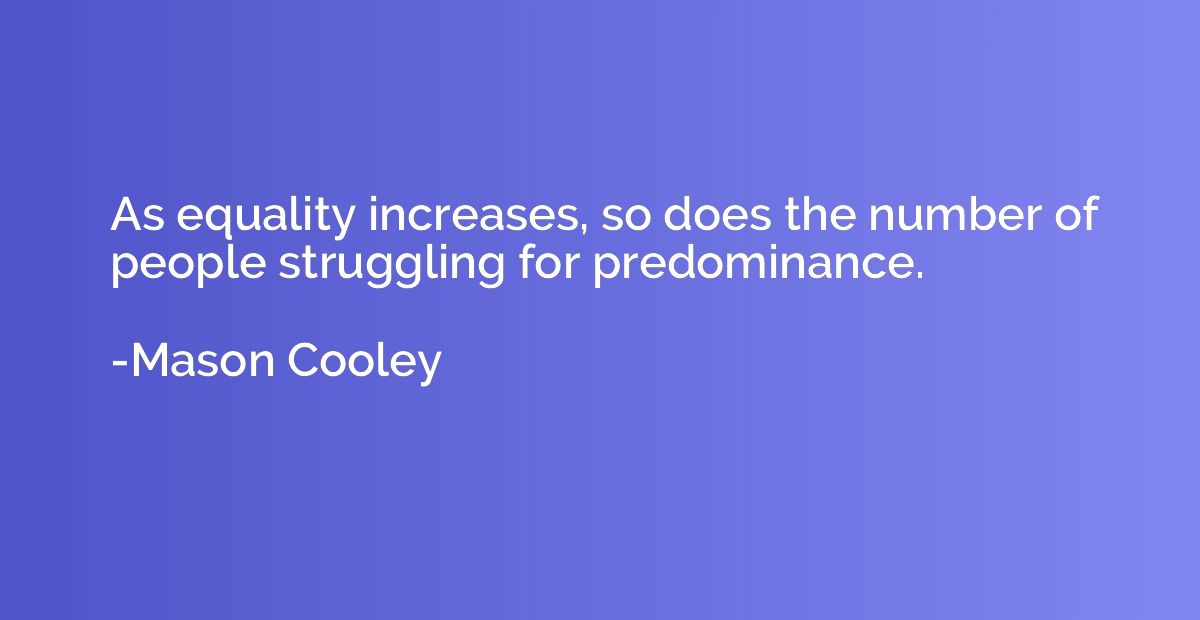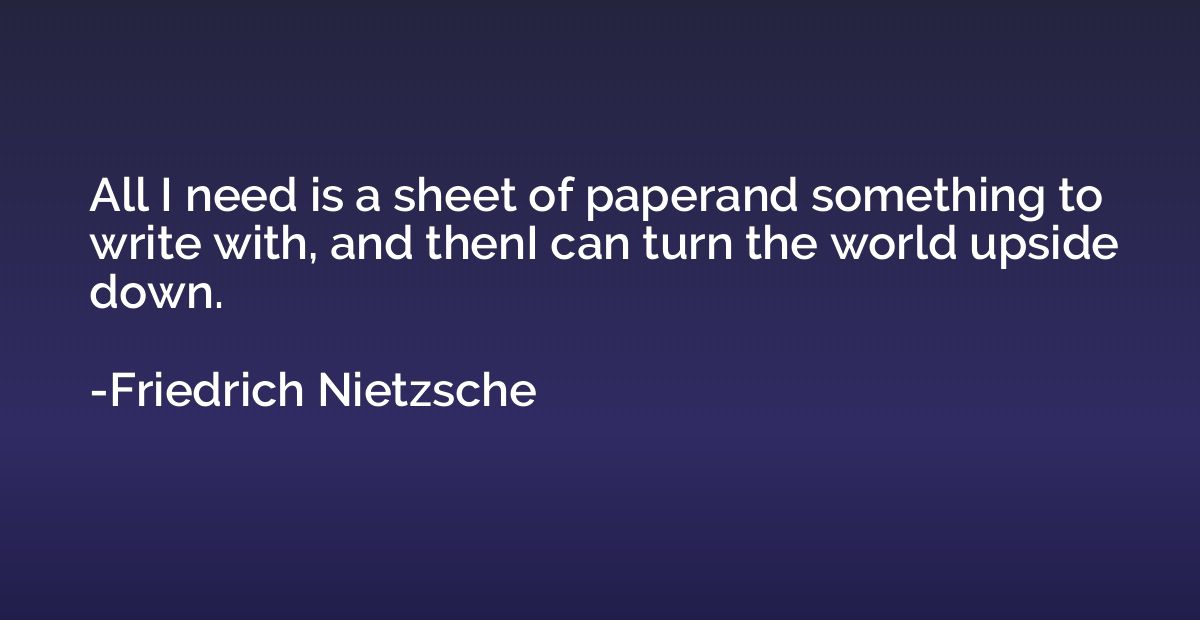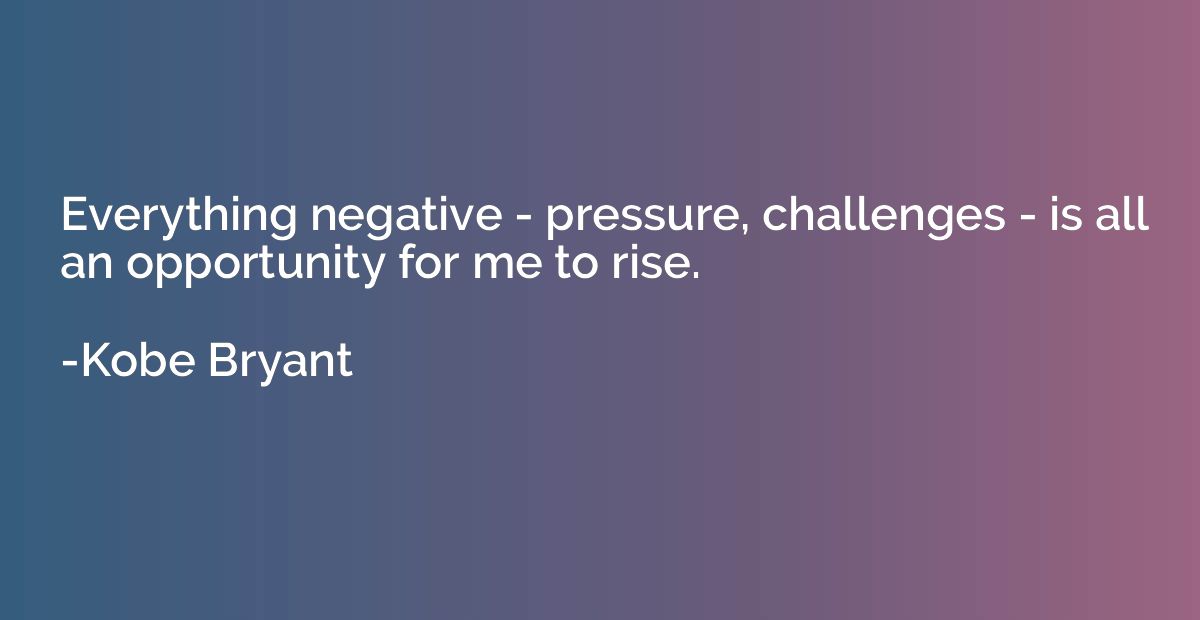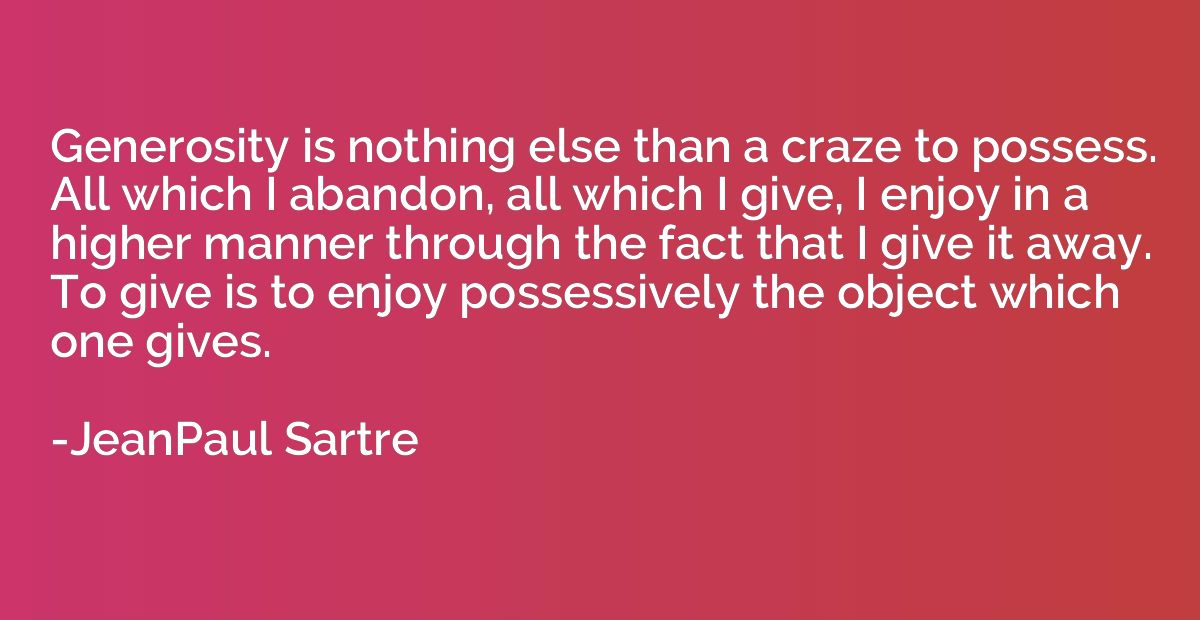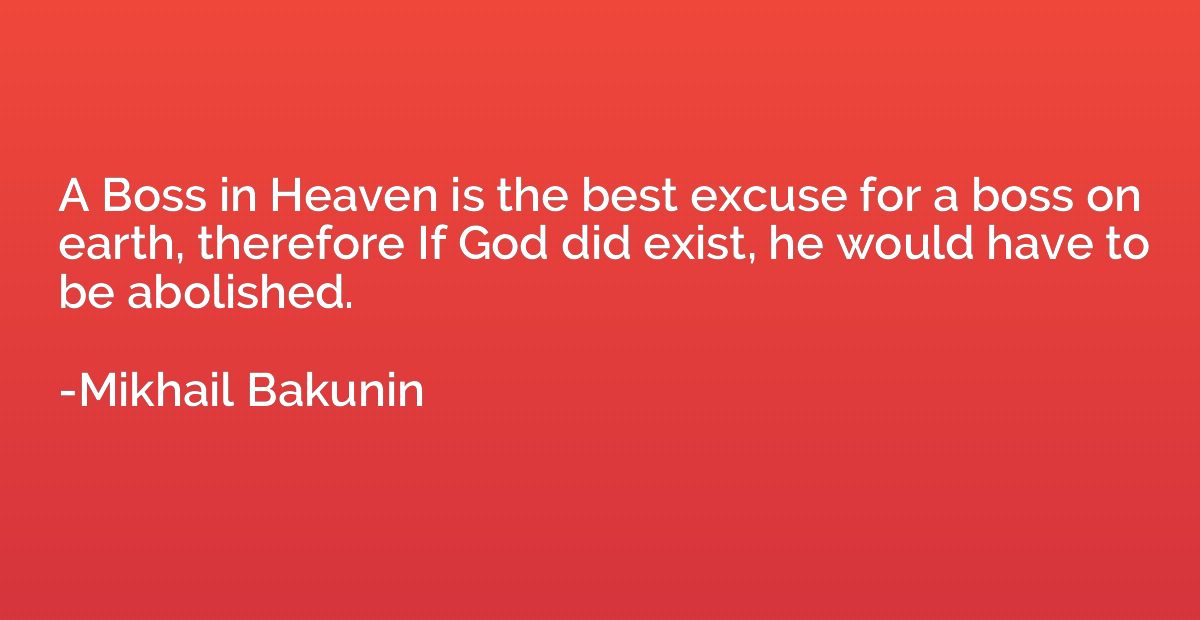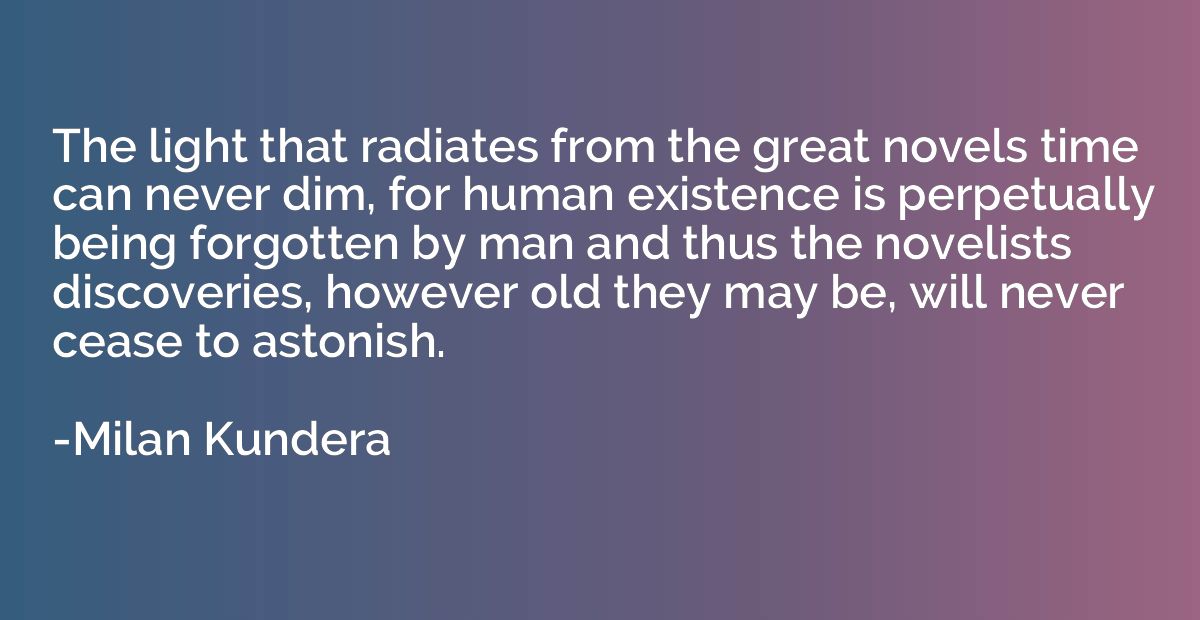Quote by Fr, Economic Harmonies,
We always compare our labor with its results. We do not devote more effort to a given task if we can accomplish it with less; nor, when confronted with two toilsome tasks, do we choose the greater. We are more inclined to diminish the ratio of effort to result, and if, in so doing, we gain a little leisure, nothing will stop us from using it, for the sake of additional benefits, in enterprises more in keeping with our tastes.Man's universal practice, indeed, is conclusive in this regard. Always and everywhere, we find that he looks upon toil as the disagreeable aspect, and on satisfaction as the compensatory aspect, of his condition. Always and everywhere, we find that, as far as he is able, he places the burden of his toil upon animals, the wind, steam, or other forces of Nature, or, alas! upon his fellow men, if he can gain mastery over them. In this last case, let me repeat, for it is too often forgotten, the labor has not been lessened; it has merely been shifted to other shoulders.
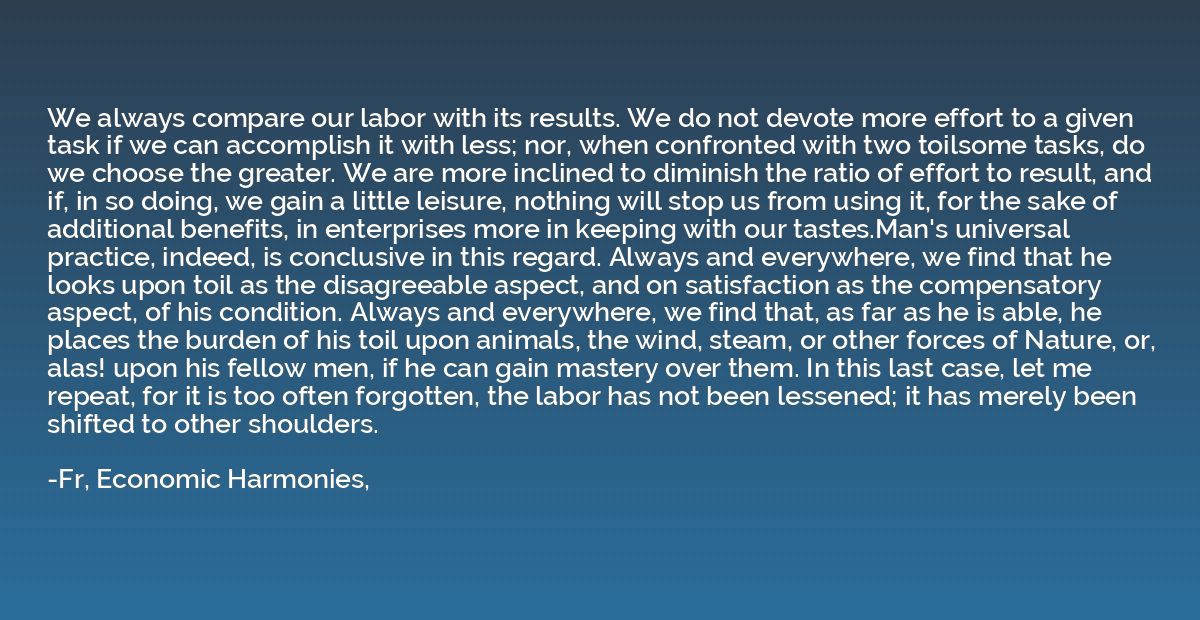
Summary
This quote suggests that human nature is inclined to seek efficiency and minimize effort when completing tasks or facing challenges. People tend to favor tasks that require less effort, and when given a choice between two difficult tasks, they often choose the easier one. Furthermore, if they are able to lighten their workload and gain some leisure time, they will make use of it to pursue activities that align with their personal interests. Throughout history, it is apparent that humans view labor as burdensome and seek satisfaction or compensatory rewards from their efforts. Rather than reducing the overall labor, people tend to shift the burden onto animals, natural forces, or even other individuals if they can exert dominance over them.






